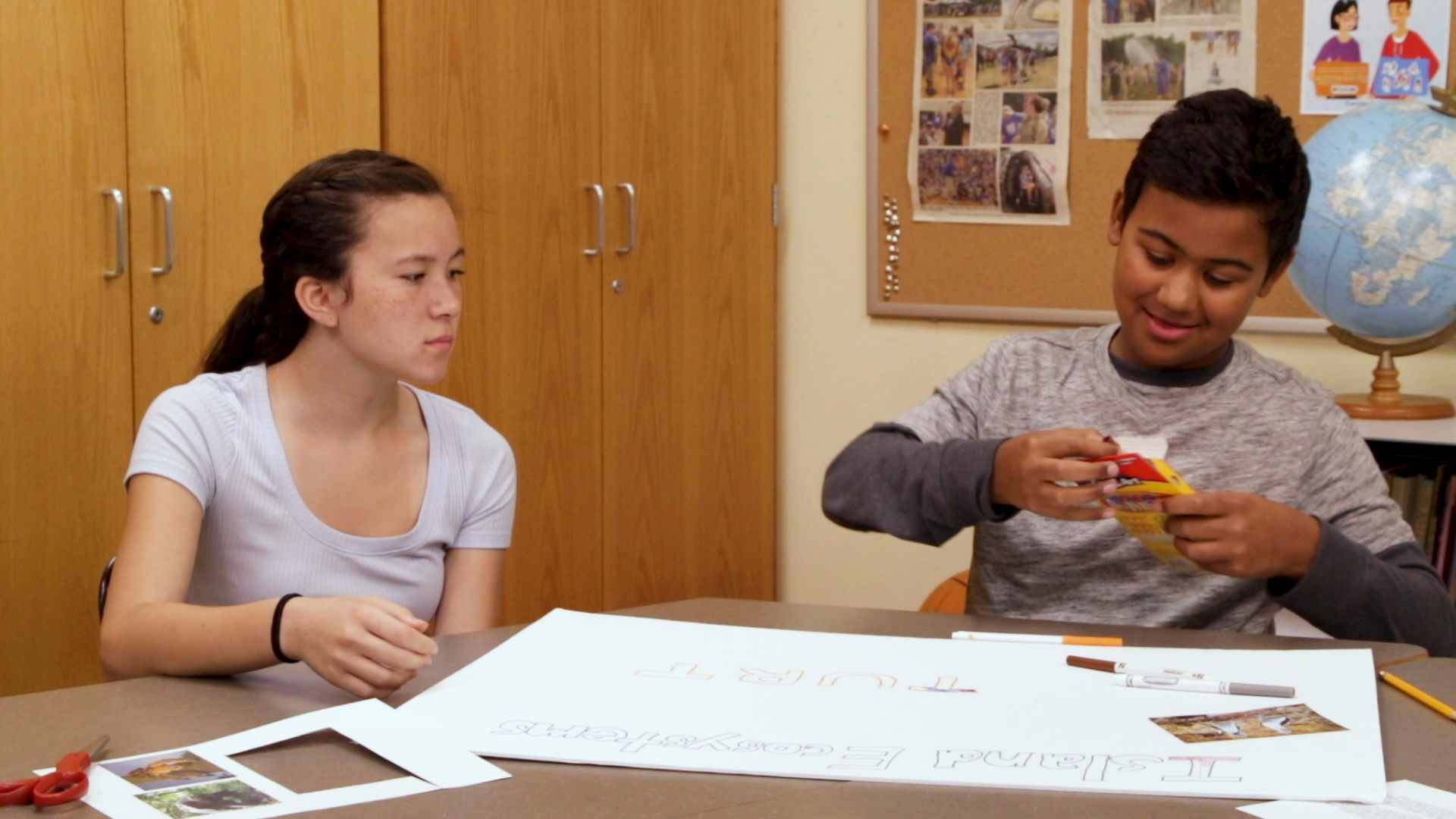
Introduction
Asking permission is a crucial skill for young learners to develop. It teaches them the importance of respecting others’ belongings and personal space, and helps to foster a positive classroom environment. In this blog post, we will discuss the concept of asking permission and provide an easy, no-prep activity for educators to use in their Kindergarten classrooms. We will also provide discussion questions, related skills, and next steps for further exploration of this important social-emotional learning topic.
No-Prep Activity
This simple activity requires no preparation or materials, and can be easily incorporated into your daily routine. It’s called the “Ask Before You Act” game. Here’s how it works:
- Have your students sit in a circle.
- Choose one student to start. This student will be the “actor.”
- The actor will think of an action they want to perform, such as borrowing a pencil or giving a high five.
- Before the actor performs the action, they must ask the person they want to interact with for permission. For example, “May I borrow your pencil?” or “Can I give you a high five?”
- If the person says yes, the actor may perform the action. If the person says no, the actor must respect their decision and not perform the action.
- Continue around the circle, with each student taking a turn as the actor.
This activity helps students practice asking for permission in a fun and engaging way, while also reinforcing the importance of respecting others’ boundaries.
Discussion Questions
- Why is it important to ask for permission before using someone else’s belongings or materials?
- How do you feel when someone takes your things without asking?
- What is the proper way to ask for permission? How should we respond if someone says no?
- Can you think of a time when you forgot to ask for permission? How did you handle the situation?
- Why is respecting others’ boundaries important for creating a positive classroom environment?
Related Skills
Asking permission is just one aspect of social-emotional learning. Other related skills that are important for students to develop include:
- Active listening
- Empathy
- Self-awareness
- Conflict resolution
- Cooperation and teamwork
By working on these skills in conjunction with asking permission, students will be better equipped to navigate social situations and build positive relationships with their peers.
Next Steps
Interested in exploring more social-emotional learning activities and resources for your Kindergarten students? We encourage you to sign up for free samples of skill-based materials and activities at Everyday Speech. These resources will help you create a comprehensive and engaging social-emotional learning curriculum for your students, setting them up for success both inside and outside the classroom.





